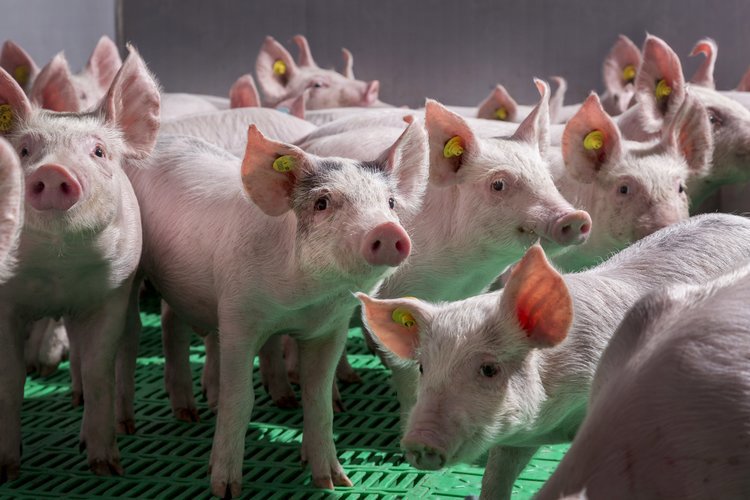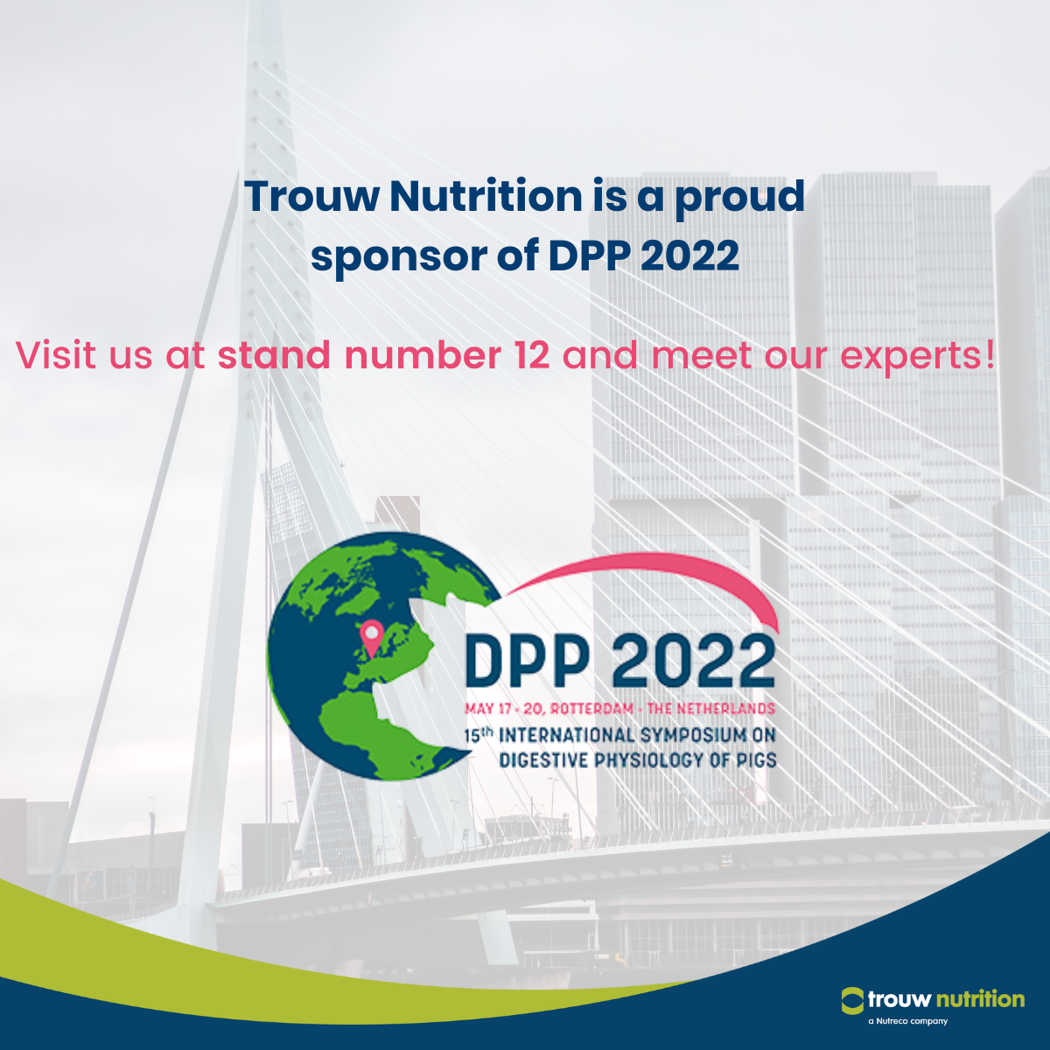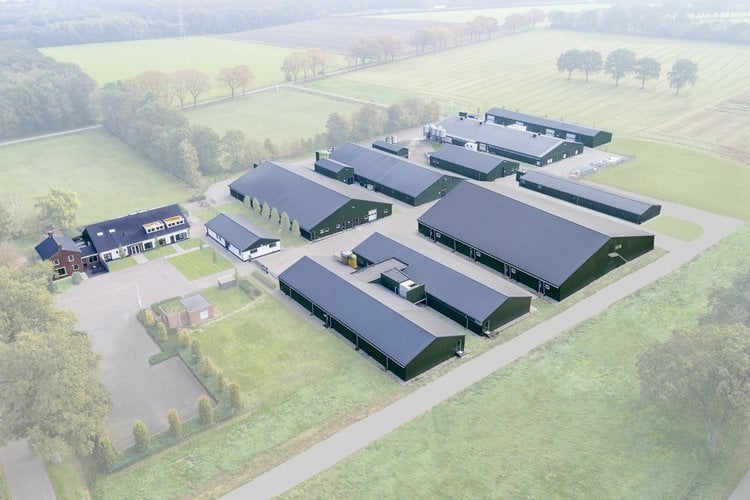
Trouw Nutrition Presents Dietary Strategies to Support Enteric Health at International Symposium on Digestive Physiology of Pigs
- Symposium
- Press release
- 2022
- Swine
- Piglets
- R&D
May 10, 2022 – Rotterdam the Netherlands: Trouw Nutrition will present recent research findings on strategies to manage pigs' enteric health without compromising animal performance or producer economics during the 15th International Symposium on Digestive Physiology of Pigs (DPP) to be held in Rotterdam, The Netherlands, 17-20 May. The DPP symposium is among the most important global scientific events in the fields of pig nutrition and gut physiology, with discussions also exploring endocrinology, immunology, microbiology and the pig as a model for human digestive physiology. The DPP will convene scientists from Europe, Asia, Australia and North and South America.

Bringing a holistic and global approach to its swine research, Trouw Nutrition presentations will focus on science-based nutritional solutions to support pigs, even in non-medicated production environments. Studies will consider interventions that address challenges faced by pig farms in different regions, and in varied production environments. Three poster presentations and a co-authored oral presentation will demonstrate the efficacy of science-based nutritional strategies across various production stages from post-weaning through grow-finish.
Visitors to stand 12 in the exhibition hall can experience a virtual tour of Trouw Nutrition’s new swine nutrition and health research facility and meet with swine experts researching the future of pig production.
Following is a summary of research presented by Trouw Nutrition researchers during DPP:
-
Higher amino acid demand in portal drained viscera of post-wean piglets.
Presented by Tetske Hulshof.
Little is known about the amino acid (AA) requirements of piglets right after weaning as they encounter multiple stressors. In this study, stress level was hypothesized to affect AA requirements. The objective was to study the effect of high or low levels of weaning stress on AA metabolism during the acute and adaptive phase post-weaning. It was observed that after weaning, there is a high AA demand by the gut, especially when piglets are exposed to high nutritional stress. This leads to a lower flow of endogenous AA to the rest of the body, which relates to an elevated protein breakdown in high stress piglets. A high arginine uptake by the portal drained viscera, as well as changes in the arginine pathway via citrulline and ornithine, probably play an important role. - Feeding hydrolyzed copra meal and fermented rye blend on gut health of weaned piglets challenged with e. Coli k88 improves gut health.
Presented by Mandy Lingbeek.
As the use of antibiotic growth promoters and ZnO in weaned piglets has been severely reduced or even banned in recent years, there is intense interest in alternatives to support piglet health during the weaning transition. This study was conducted to test a blend of hydrolyzed copra meal and fermented rye as a possible alternative to antibiotic growth promotors and ZnO in weaned piglets. It was observed that under an E. coli K88 challenge model, the blend of hydrolyzed copra meal and fermented rye reduced diarrhea incidence and increased microbial diversity, and improved serum antioxidant capacity, intestinal morphology and increased microbial diversity.
- A synergistic blend of organic acids in the drinking water of piglets supports post-weaning growth performance – a meta-analysis.
Presented by Mandy Lingbeek.
As post-weaning piglets are less inclined to eat dry feed due to their limited digestive functionality, the consequence is a lag in growth. Providing a liquid acidifier may modulate gastric pH, aid in nutrient digestion, and improve gut health and growth of weaned piglets. A meta-analysis was performed to evaluate the effect of water acidification with a synergistic blend of free and buffered short-chain fatty acids (SPH) on the growth performance of piglets. It was concluded that SPH application in the drinking water of piglets strongly supported the growth and feed utilization during the first three weeks post-weaning and improved production performance over the entire nursery phase.
In addition to the poster presentations, an oral presentation co-authored by Trouw Nutrition will address a study evaluating how a blend of medium-chain fatty acids and organic acids accelerates microbial maturation in newly weaned piglets.
“Swine producers around the globe are facing challenges ranging from restrictions on the use of traditional interventions to persistent issues with piglet mortality rates,” said Greg Page, Swine Research Manager. “Venues such as DPP provide a platform for scientists to exchange research findings and explore ways to build on current learnings to improve future health and performance.”
Trouw Nutrition is a silver sponsor of DPP.

